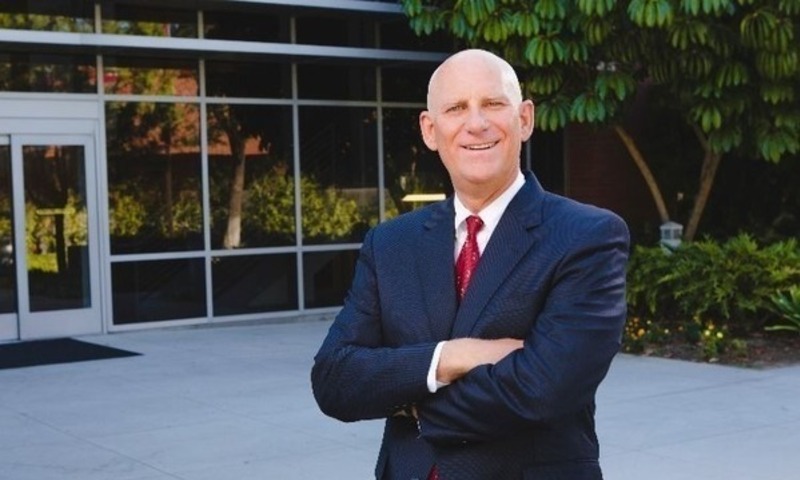Perhaps as you also were, I was disappointed to read recently about Amazon being fined by California regulators for failing to pay their third-party drivers, hired through a Santa Ana-based delivery company, for their meal breaks and overtime. Companies like Amazon have been the beneficiaries of a financial boom during COVID, but they couldn’t have done it without the thousands of often-struggling drivers who use their own vehicles to help deliver those last-minute Christmas presents we ordered. With such impressive wealth generation, why don’t company executives make business decisions that share the wealth with hardworking employees at the very bottom of the organization chart?
If what we read in the book Nomadland — and see in the highly acclaimed movie version — is any indication, the subtitle “Surviving America in the Twenty-first Century” depends heavily on American businesses — often outsourcing companies — to provide a human wage, benefits, and decent working conditions. In an age of such wealth generation, is shorting vulnerable outsourced “employees” a price we in society are willing to pay to get our deliveries conveniently dropped at our doorsteps?
These and many more business-ethics decisions are what await Crowell School of Business graduates in the challenging decades to come as we seek to meet the promise of business as the generator of human and societal flourishing intended by God.
I am thankful for the good academic work that has been done by Christian business school authors in laying out biblical approaches to current business issues. These works include Scott Rae and Kenman Wong’s Business for the Common Good and Beyond Integrity: A Judeo-Christian Approach to Business, among others. Professor Jake Aguas’ recently launched MBA course, The Innovative Leader, will be a required part of the new MA in Leadership and Innovation launching in Fall 2021. Crowell Professor Dr. Shane Enete’s work on integrating faith in our investment strategies and practices will be found throughout our new Graduate Certificate in Personal Financial Planning. Also, Dr. Enete’s recent blog post on investing and the Robinhood bro culture is an example of how Christian principles are directly relevant to business practices.
I am therefore excited to also bring your attention to a significant new book written by Wheaton College professor Dr. Hannah Stolze, entitled Wisdom-Based Business: Applying Biblical Principles and Evidence-Based Research for a Purposeful and Profitable Business, which is set to be released next month. Some of you may remember that we invited Professor Stolze to our inaugural Redemptive Business Forum a couple years ago, and she presented her research on Proverbs 31 that formed the basis for this book. I was privileged to review an early manuscript and I believe it will become a seminal work in Christian business literature.
What we find in Dr. Stolze’s book is not only her detailed academic work, but also her story of discovery as she searched for deeper answers to how business and management can be done in a God-honoring way.
“I turned to Christian books and teaching,” she writes, “but I couldn’t find a framework that reflected a biblical model of conducting business. Pastors seemed to focus on virtue: be a good person, preach the gospel, invite people to church, and tithe. But there was no model for how to conduct business. [Yet] there are consequences to our actions every day in work, not just in our acts of service in the church. As I reflected on the science — science that indicates that treating people well and taking care of God’s creation boosts profitability — a specific passage of Scripture persisted in my study...Proverbs 31.”
I highly encourage you to read Dr. Stolze’s new book and discover how Proverbs 31:10-31 reveals the business themes of, in her words, “servant leadership, quality orientation, stakeholder orientation, supply chain orientation, sustainability orientation, long-term orientation, reputation, comparative advantage, and kingdom impact.”
As the dean of a Christ-centered business school, I am thankful to see our sisters and brothers continue to seek, discover and create models for business and the management of human enterprise that cohere with what our Creator has in mind for us. A fresh reading of Proverbs 31 reveals what God has in mind for business activity, and Hannah Stolze’s exegetical scholarship and business research shows us just how relevant, timely, and transformational an ancient proverbial poem can be.
Please keep us in your prayers, as you are in ours.
Dr. Gary Lindblad
Dean, Crowell School of Business
Biola University
 Biola University
Biola University


.jpg)
.jpg)
